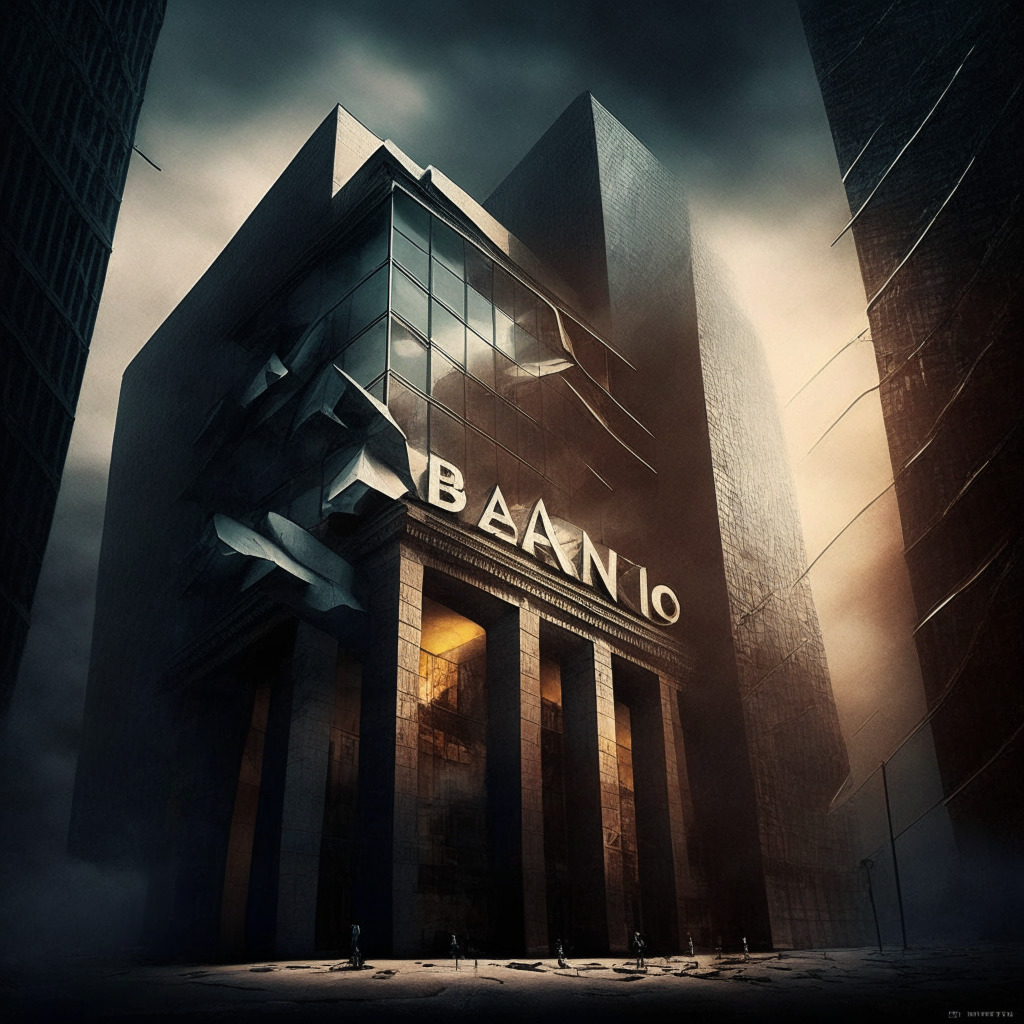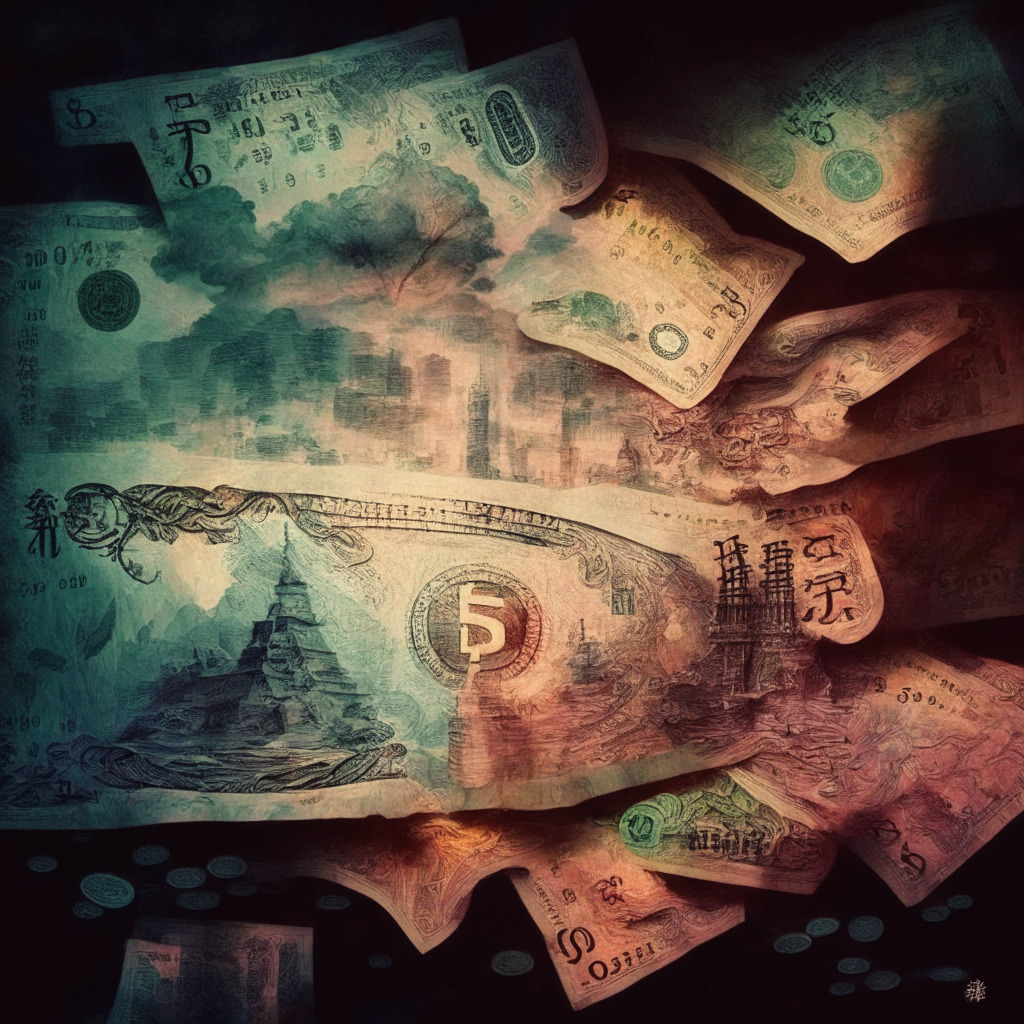As a pioneering technology, blockchain certainly holds a lion’s share of potential and promise. The technology, underpinning heights reached and milestones achieved in the cryptocurrency world, boasts transformative applications beyond just financial transactions, extending to sectors like healthcare, real estate, and entertainment. However, it might be premature to pop the cork just yet, as this innovative technology has its own unique set of challenges.
On the positive side, blockchain’s most celebrated quality is its tenacious security. Decentralization allows data distribution across the network, preventing unauthorized modifications and mitigating the risks typically encountered in centralized systems. In the financial departments where millions are transacted in a blink, these attributes enhances the appeal of blockchain. By the way, didn’t BTC just recently cross the $50,000 mark?
Blockchain, beyond just financial applications, is also making colossal headways in creating transparent supply chains. The fashion industry, often slammed for its opaque processes, is witnessing an amalgamation of blockchain and IoT, leading to a previously unforeseen level of transparency.
However, let’s temper the acceleration a little. Like everything else under the sun, blockchain isn’t all roses and rainbows – it has its fair share of hindrances. The primary concern surrounding blockchain is its gobbling up of energy resources, majorly contributing to environmental degradation. The mining process, a very integral part of blockchain activities, demands energy akin to individual countries. Sure, BTC‘s soaring market value is newsworthy, but so is its staggering carbon footprint.
Another bone of contention with blockchain is the regulatory aspect. The very nature of blockchain – decentralized and anonymous – is a stinging paradox to typical regulatory definitions and boundaries. While some countries see this as an advantage and are diving headfirst into the crypto ocean, others are floundering in the turbulent waves of security concerns and lack of consumer protection.
The signature component of blockchain, the smart contract, is also under scrutiny for its lack of legal standing in case of disputes. Anyone who’s tried to recover lost BTC will understand the heartache.
Blockchain’s propensity to transform economies and industries is undisputed, but it needs meticulous planning and regulating to prevent it from becoming a wild horse. The continuum between innovation and regulation is a delicate one to tread but is crucial for the future of this promising technology. Here we stand, at the crossroads of revolution and reformation, hoping for a future where the technology serves humanity without causing more harm than good.
Source: Cryptonews




